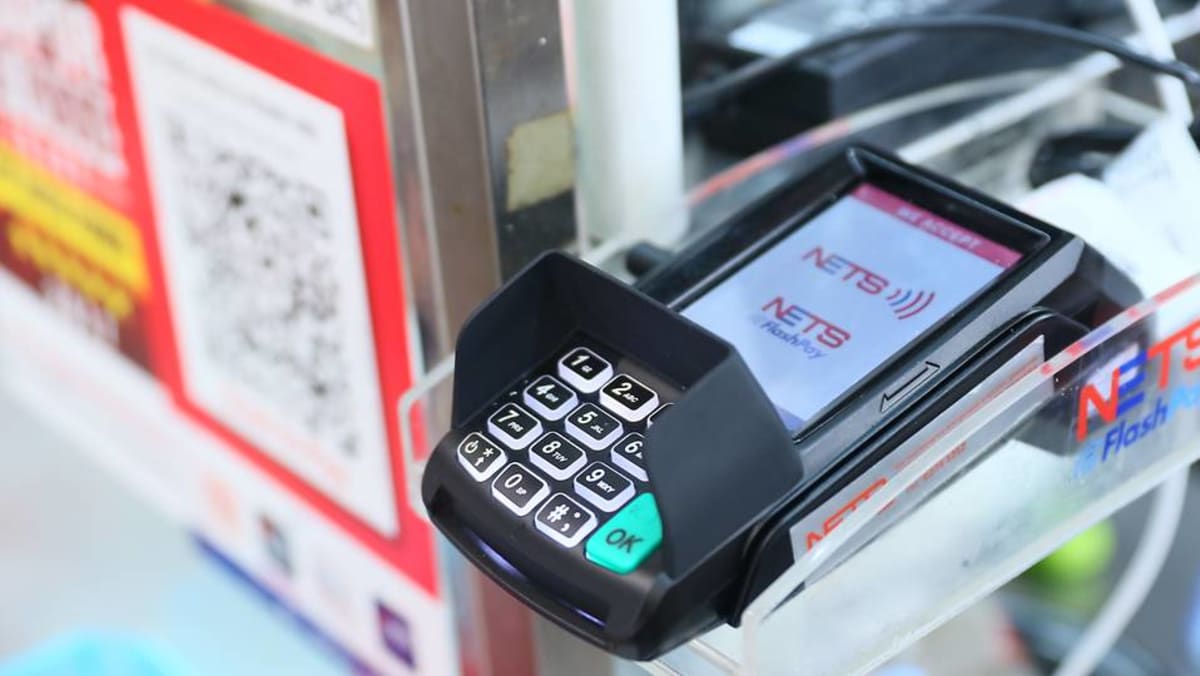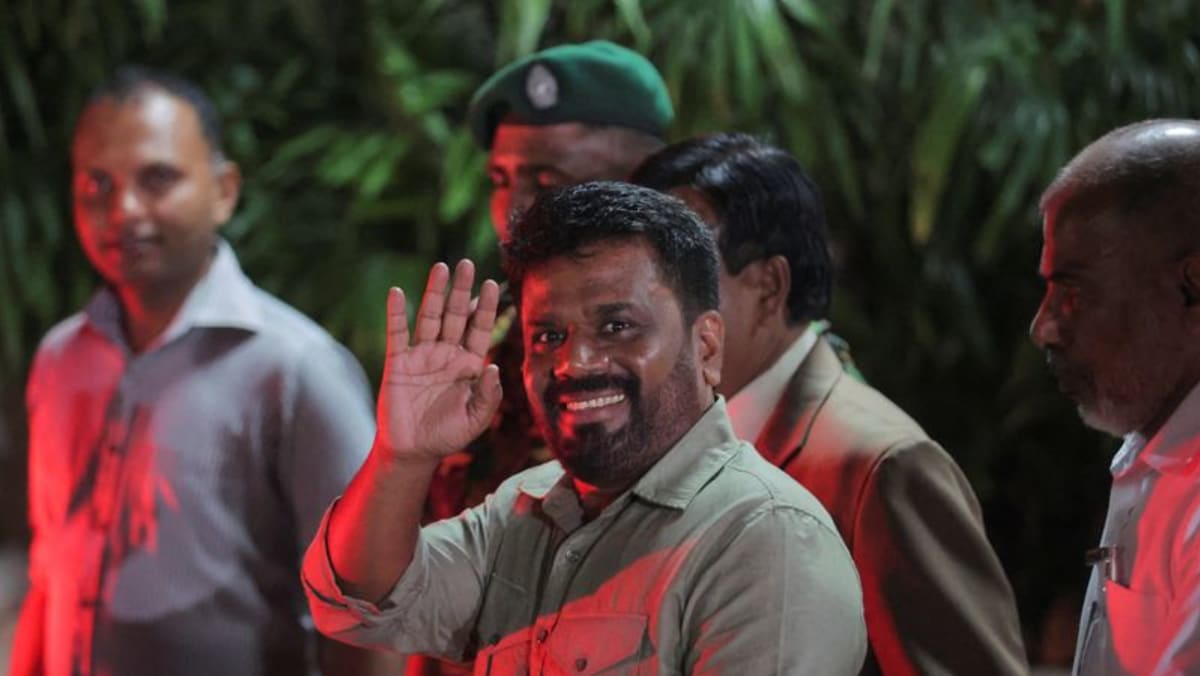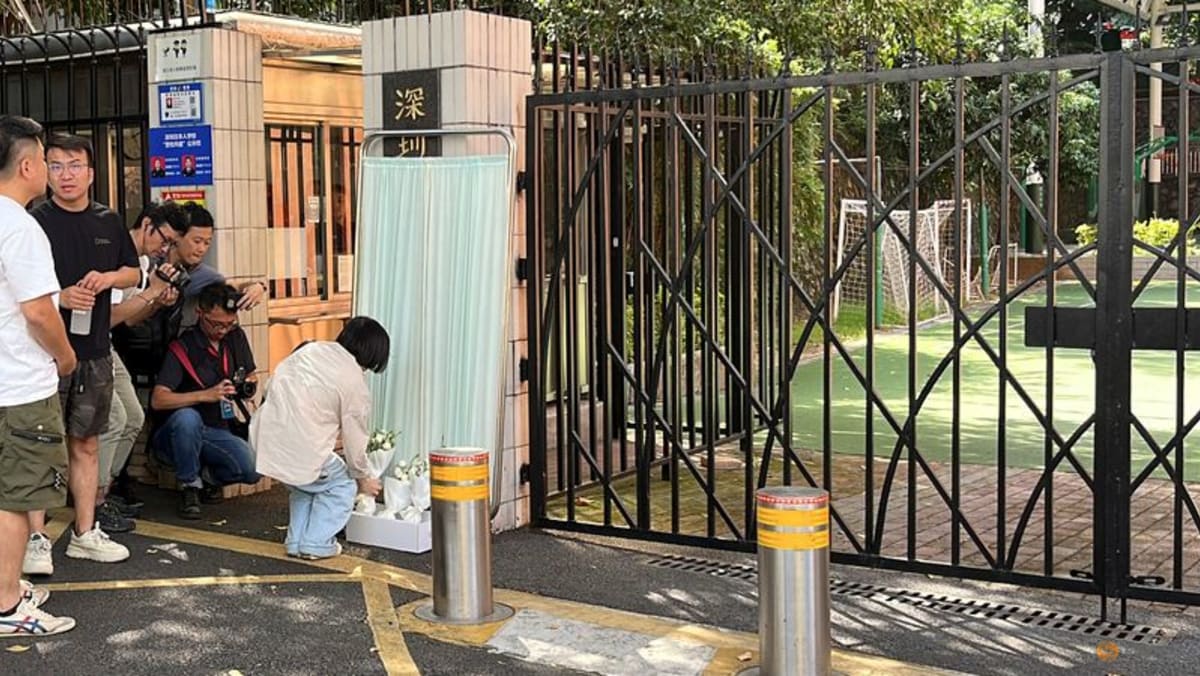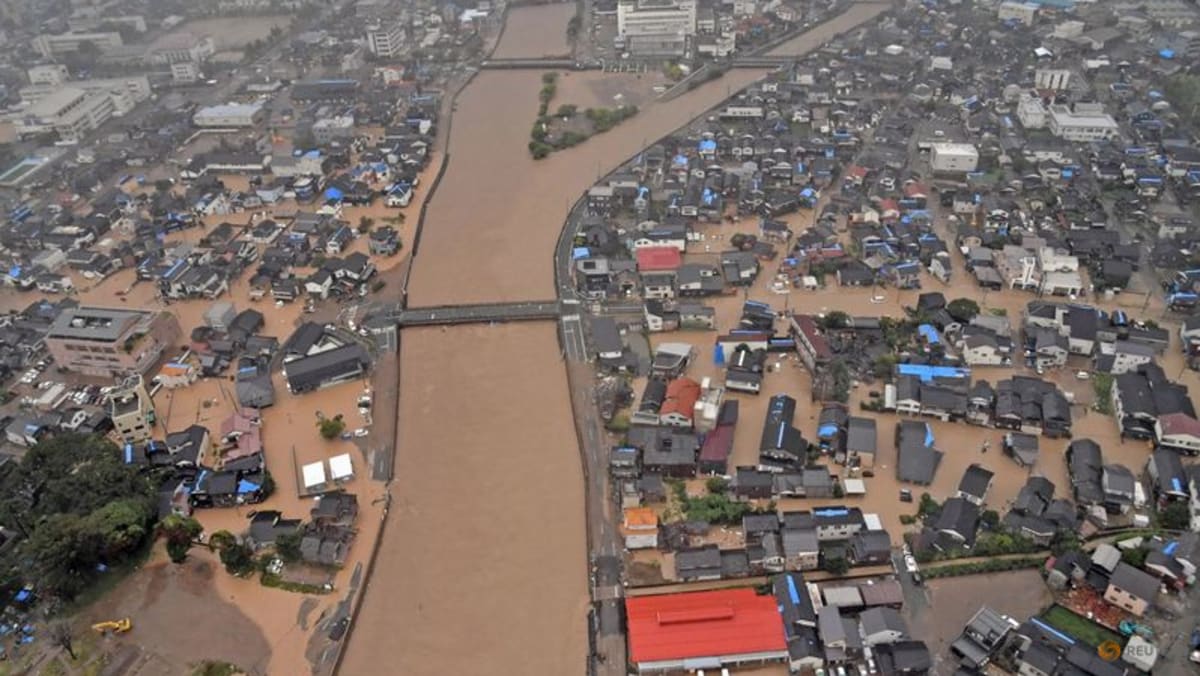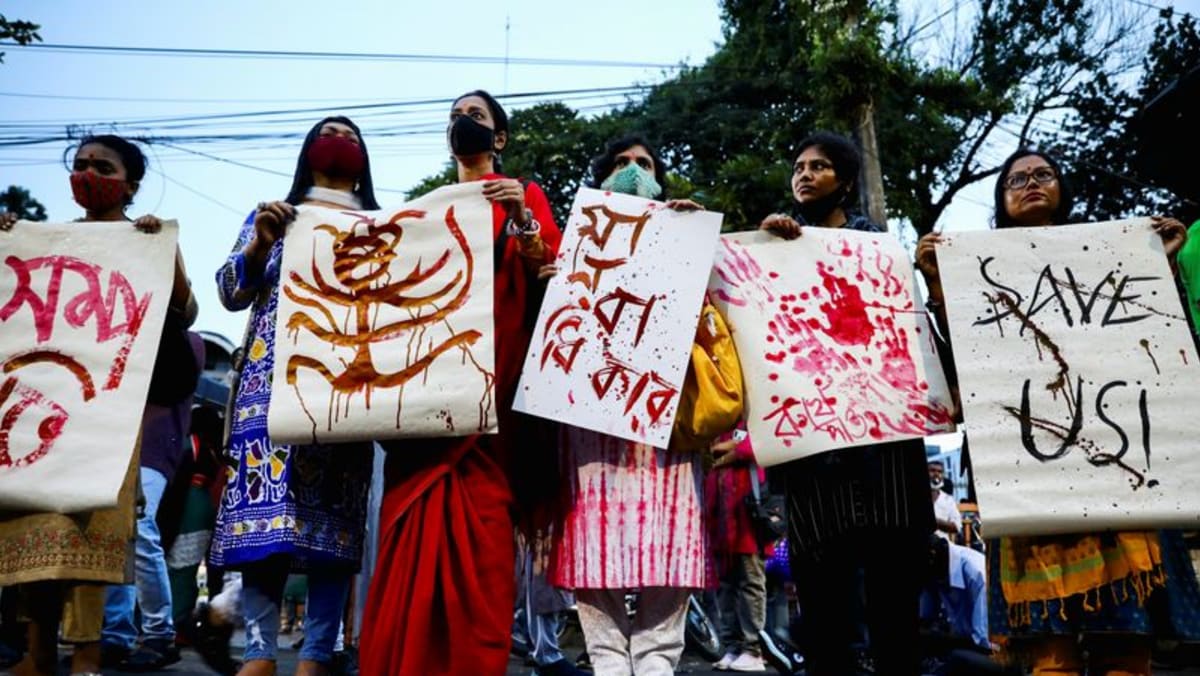Outgoing President Ranil Wickremesinghe – who took office at the peak of the 2022 economic collapse and imposed tough austerity policies per the terms of an IMF bailout – was a distant third in the contest with 17 per cent of the vote.
“History will judge my efforts, but I can confidently say that I did my best to stabilise the country during one of its darkest periods,” he said in a statement.
He congratulated Dissanayaka on the win and said he was “confident” the politician would “steer Sri Lanka on a path of continued growth and stability”.
US ambassador Julie Chung also passed on her congratulations, saying in a statement that Washington stood “ready to work together on shared priorities” with the next administration.
Dissanayaka will be sworn in on Monday morning at the colonial-era President Secretariat in Colombo, election commission officials said.
IMF DEAL
Economic issues dominated the eight-week campaign, with widespread public anger over the belt-tightening measures imposed by Wickremesinghe since the peak of the island nation’s bruising financial crisis.
Dissanayaka would “not tear up” the IMF deal but would seek to modify it, a party politburo member told AFP.
“It is a binding document, but there is a provision to renegotiate,” said Bimal Ratnayake.
He said Dissanayaka had vowed to reduce income taxes that were doubled by Wickremesinghe and slash sales taxes on food and medicines.
“We think we can get those reductions into the programme and continue with the four-year bailout programme,” he said.
Dissanayaka’s once-marginal Marxist party led two failed uprisings in the 1970s and 1980s that left more than 80,000 people dead.
But Sri Lanka’s crisis has proven an opportunity for Dissanayaka, whose popularity rocketed on his pledge to change the island’s “corrupt” political culture.
